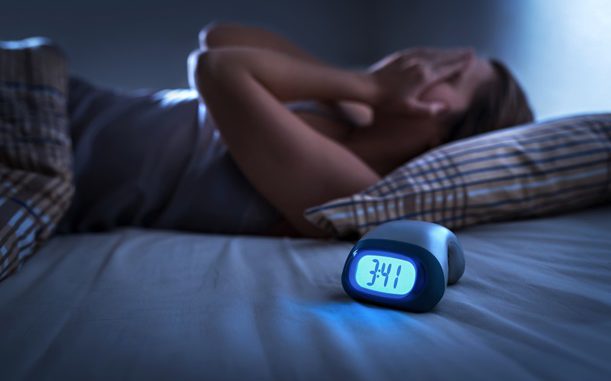
Insomnia is confusing. You can’t sleep when you want to and feel sleepy when you need to be awake.
That ugly feeling comes with a bunch of factors that may or may not be self-induced. The common point of all it is lack of sleep.
While there are a bunch of prescriptions to help combat insomnia, there are also the same self-induced natural remedies.
These remedies only require you to be committed to correcting your sleep patterns in an effort to overcome cases of insomnia. Doing these things will help you deal with the worst sleep-related problem of them all.
Now, here are the 6 proven tips to overcome insomnia.
Powering through an early waking schedule
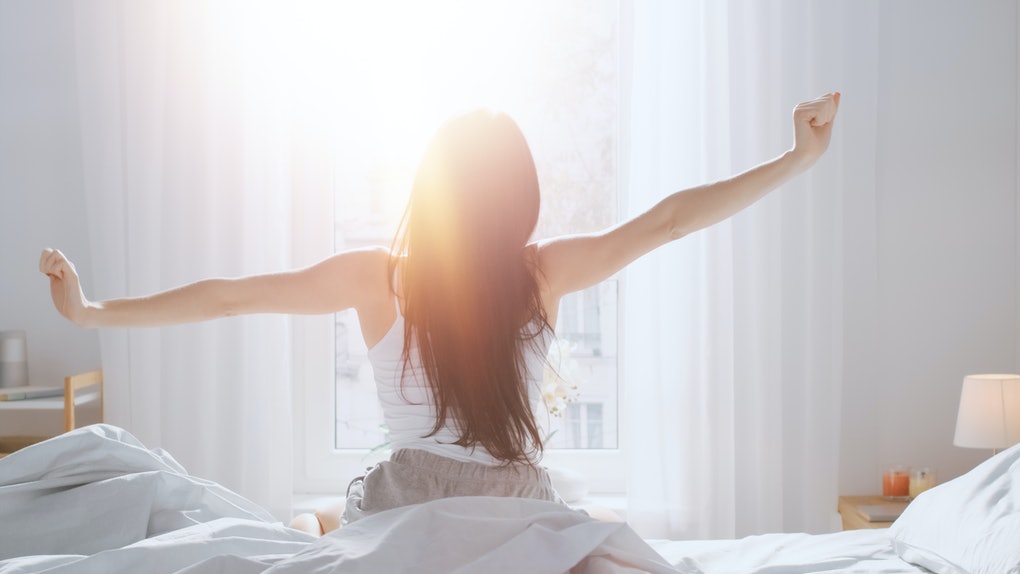
Your days off from work are your chance to correct your sleep pattern. As much as you’re tempted to stay up a little later on the weekends, you shouldn’t if you have sleep problems.
The first step to combating insomnia is powering through an early waking schedule. That means if you are very sleepy during the day, you’ll need to hold it until sleeping time of around 8 or 9 pm.
Set your alarm at 5am everyday to assure you of at least eight hours of sleep. Power through even if you don’t feel like getting up yet.
Repeating this process will get your body accustomed to this habit thus, programming your body clock to make sure you normalize sleep patterns.
Train your body to power through a sleepy early morning until such time that you yourself will be surprised that you beat your alarm to waking up.
Lay off the stimulants and depressants

There are two things you shouldn’t ingest if you hope to have a good sleep: stimulants and depressants.
Caffeine is the ultimate stimulant. It’s also probably your weapon through an entire day whenever you suffer from insomnia.
As beneficial as caffeine is to your day’s productivity, it’s a mere placebo to your mind. The reality is you’ll still fall asleep if you purely rely on caffeine. The bad part is the effects start to get delayed to a point that you can’t sleep when you need to already.
As for depressants, there’s a misconception, especially with alcohol. Drinking liquor may have a sedative effect on your body but it can sometimes work on the negative.
Some drink alcohol and use the reason “to help me sleep” as an excuse. The bad thing is on the waking part. It can lead to waking up feeling tired and unrested.
Alcohol has a sedative effect for a few hours after you drink it, but once the initial sleepiness wears off, it can cause frequent arousals, and you may wake up feeling tired and unrested.
You asthma inhaler and nose decongestants contain antihistamine which make you doze off longer than you are supposed to. Make sure to consult your doctor first before using them.
Limit your nap time
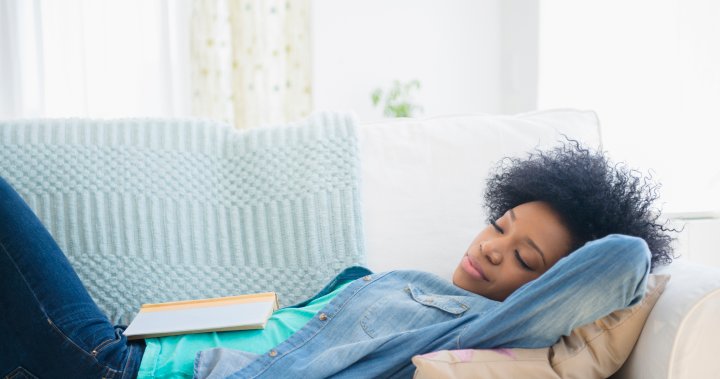
Our bodies are programed for 8-10 hours of sleep. If you go way beyond that, you might find a hard time programming the deficit for your actual bedtime.
As much as napping helps with missed sleep, a nap is called a nap for a reason. If you’re going to use your nap times for longer stretches, you might as well call it sleep, right?
15 minutes a day is enough for a good nap. It’s usually used to recharge yourself the same way you bring a phone charger to a mall. It’s more for extending your daily power than an actual full recharge.
It’s still better to maintain your regular sleep patterns and deficits. That way, you’re assured of an actual snoozer on you actual bedtime.
Latter exercise
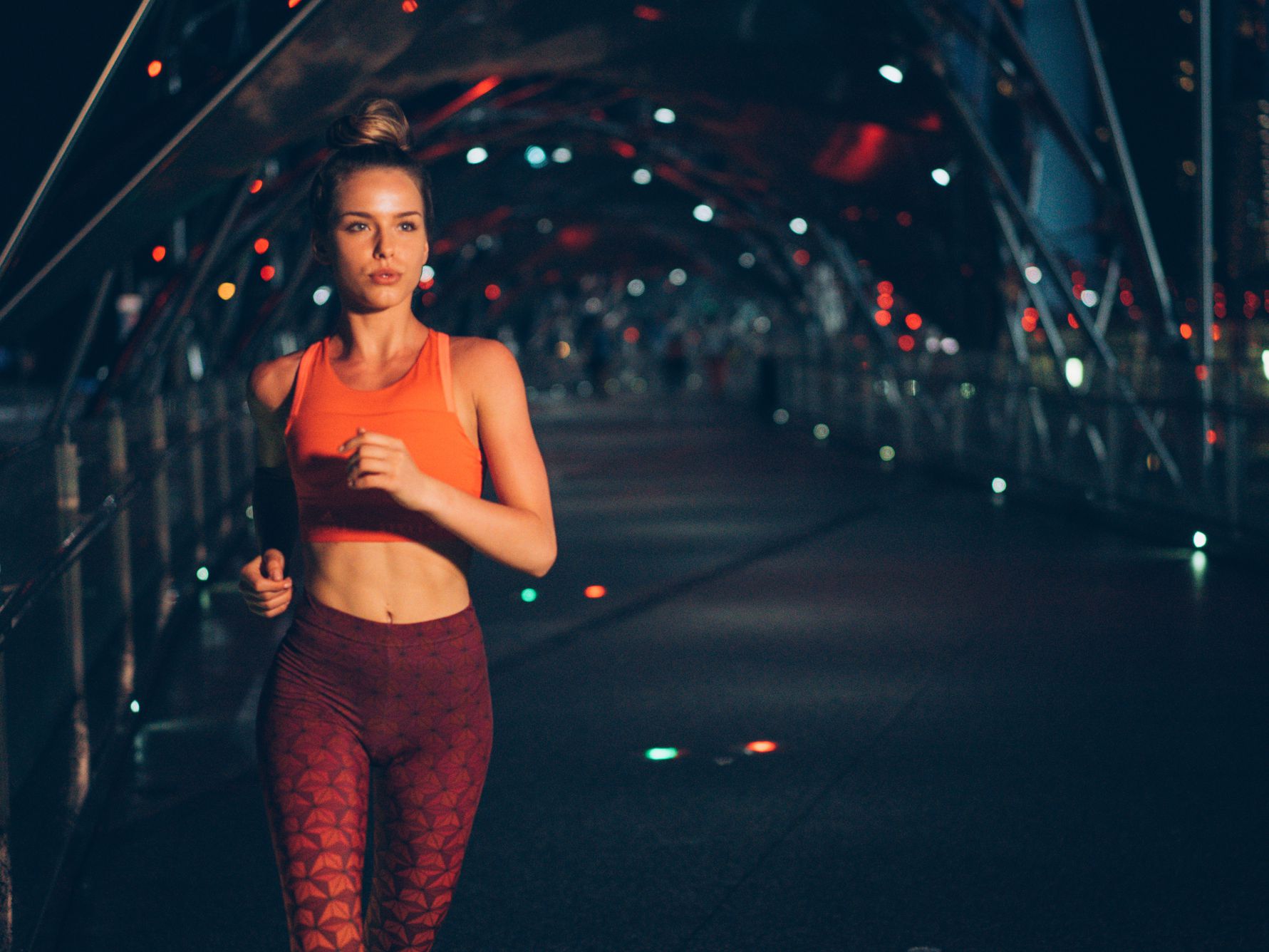
This one is obvious. Sleep is part of optimum physical fitness.
Exercising gets us tired especially when done after work. The first thing you usually look for is a place to rest after.
While morning exercise is meant to get your blood flowing in the morning, it also used up a part of your daily energy tank. That way, your energies are already depleted before work and errands that your body will be looking for the bed the first chance it gets.
It is still better do do your exercise towards the end of the day. Make sure you kick in a late sweat three hours before your scheduled bedtime. It gives your body ample time to settle and cool down adrenaline levels for sleep.
Meditation
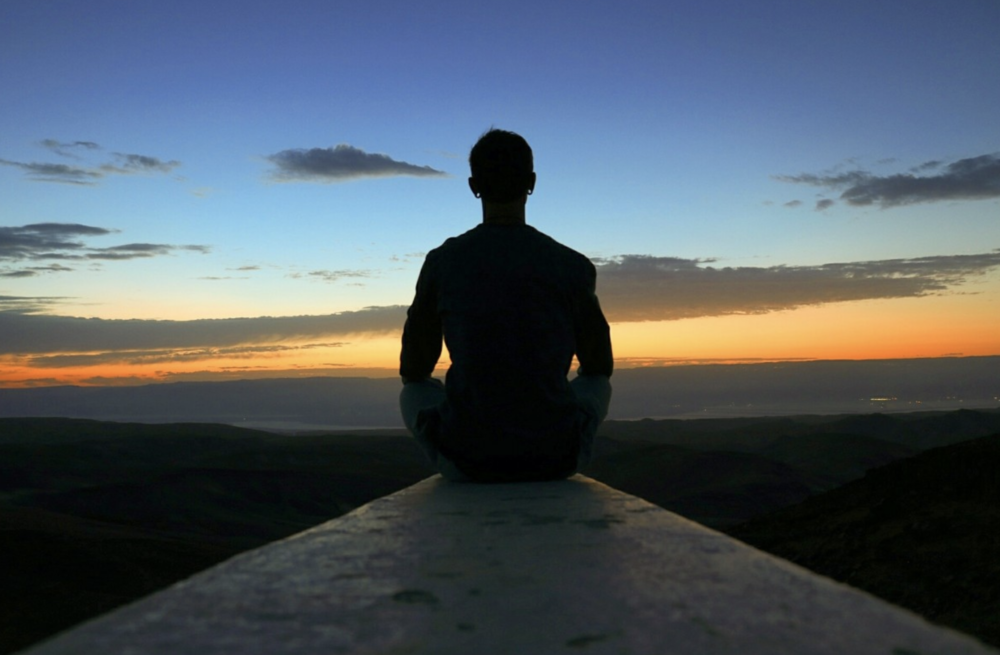
Most of you will think that meditation should be done in the morning. The bad thing about this is if you are on a sleep deficit, you might just doze off instead of reflecting and visualizing.
It’s recommended to meditate right before you go to bed to make sure your mind prepares for the calmness of the night. This gives your body and mind time to “settle down” and get ready for sleep.
It also helps with your mental tranquility too.
Lay off the gadgets
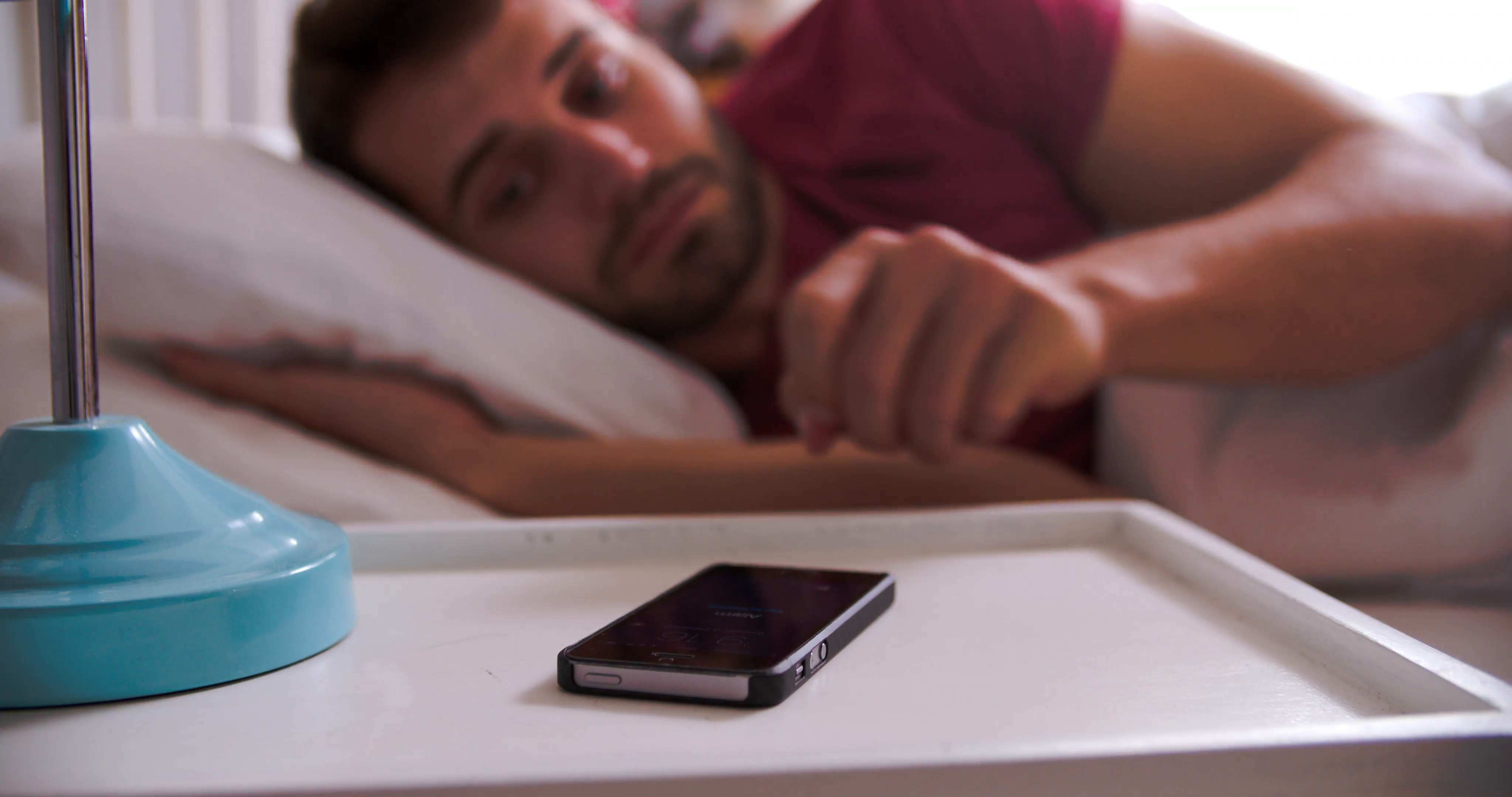
Your smartphones might be causing you good hours of sleep. Bringing your electronic devices to bed triggers your overall alertness, thus, making it hard to get some sleep.
The stimulation these devices bring are similar to when you are in the flow while doing a certain task. Sometimes, it can even activate adrenaline levels when certain triggers occur when consuming digital content.
So, the next time you’re thinking of watching yourself a movie to sleep, you might want to consider something else to help you doze off.
Natural supplements for insomnia

There are are a ton of counter-top drugs prescribed for insomnia. The problem with these is when your body develops a certain immunity to these drugs, you become too dependent on it and it may cause some long-term effects to your organs.
The best way to make sure you have a more peaceful bedtime is to rely more on natural supplements and essential oils such as CBD.
CBD oil is said to help with anxiety symptoms which is also beneficial when you are dealing with insomnia. A few drops is enough to get the job done.
Also, natural supplements are proven safe and effective since it has been tested by time.

Leave a Reply